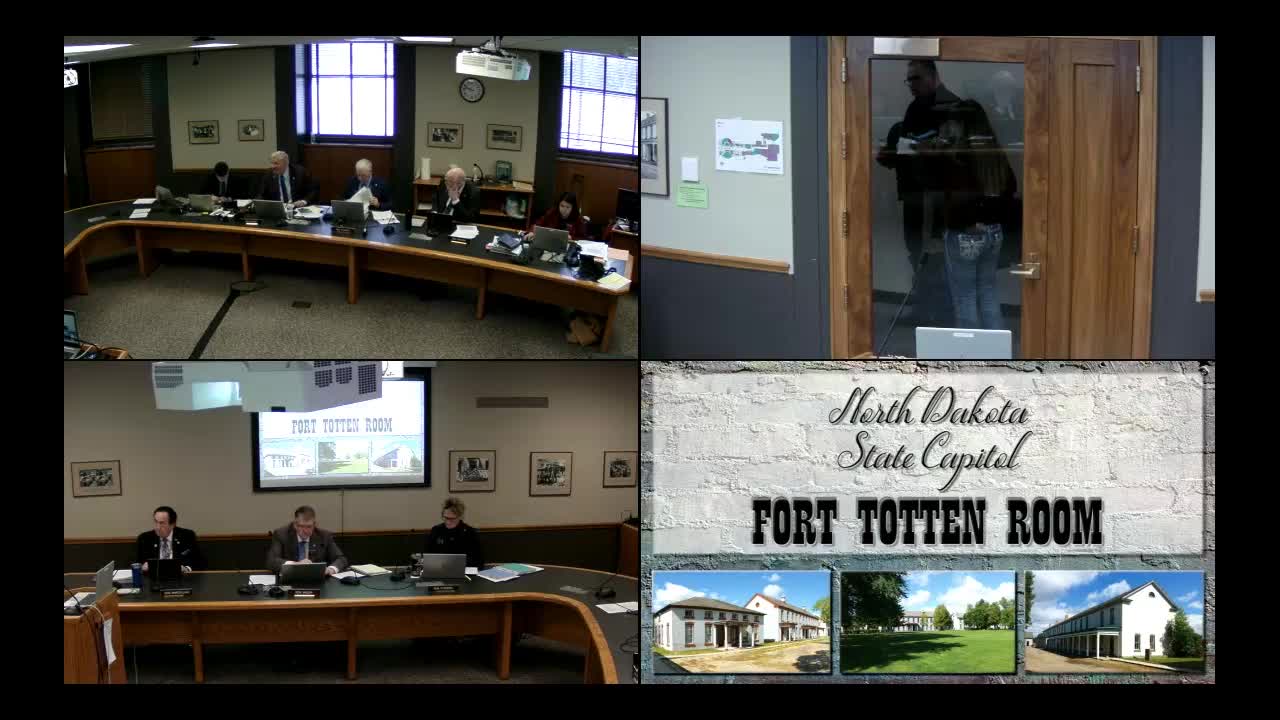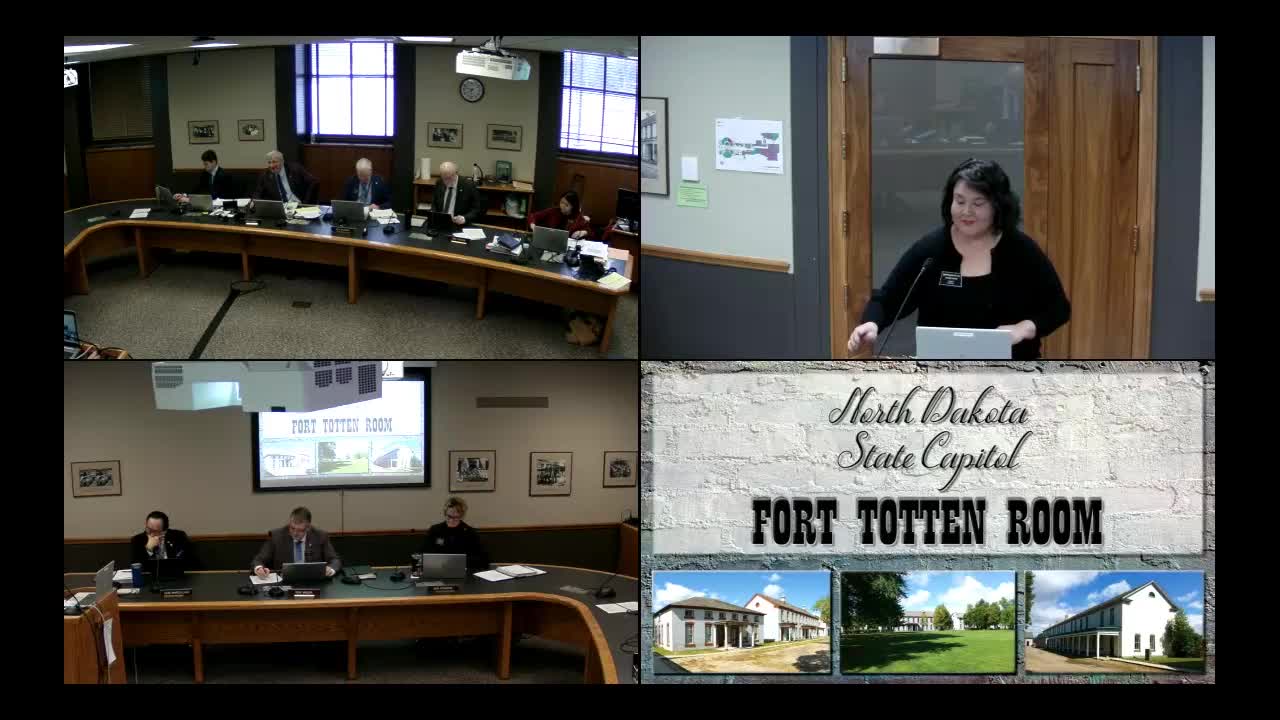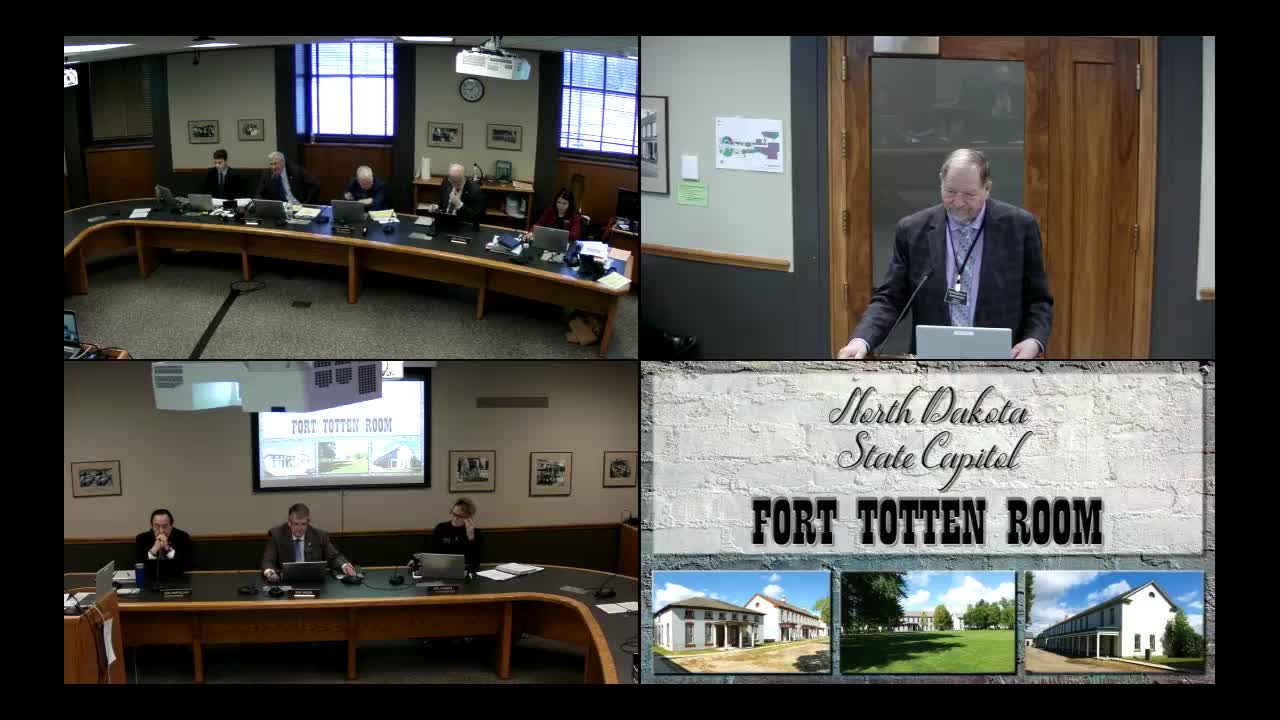Article not found
This article is no longer available. But don't worry—we've gathered other articles that discuss the same topic.

Senate committee approves amended farmland valuation bill requiring modifiers and periodic review; sends bill forward

Senate committee hears bill to study taxation of tribal lands; supporters urge immediate, thorough review

